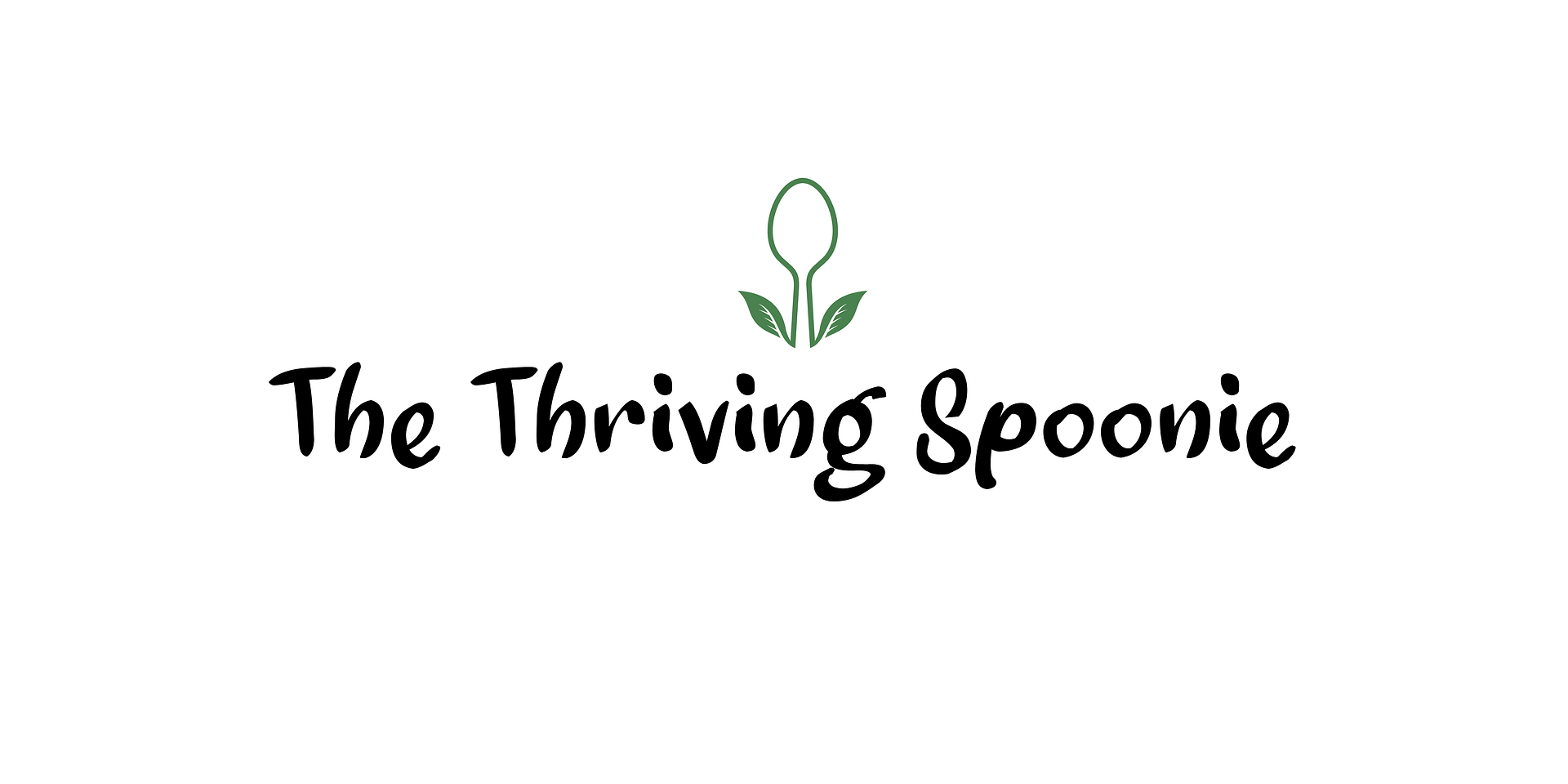Get your copy of the Daily Routine Guidebook for Spoonies!
Discover empowering strategies for thriving despite chronic challenges with the Daily Routine Guidebook for Spoonies. Start reclaiming your days, one step at a time.
If you’re living with a chronic illness, you know that it can often feel like a lonely journey. The constant battles, the pain, the fatigue – it can feel like no one truly understands what you’re facing. But here’s the good news: you’re not alone. In the vast and varied world of chronic illness, countless people have discovered the incredible power of community and connection. These connections can be a lifeline, a source of comfort, and a way to regain hope. In this post, we’ll delve into why building connections in the chronic illness community is crucial and how it can improve your life. But, more than that, I’ll guide you through this journey, so you can connect in the most meaningful and supportive way possible. And for those seeking personalized support, stay tuned until the end for the details on how you can get started with this.
Disclaimer: While I offer tips for maintaining wellness while dealing with a chronic illness, I’m not a licensed medical physician, psychotherapist, or psychologist, and I’m not offering medical or psychiatric advice.
For my full disclaimer policy, go here.

Discovering the Power of Connection
Life with a chronic illness can be incredibly challenging, especially if you don’t have connections with others who are in a similar boat. It often feels like you’re navigating an unfamiliar terrain all on your own. The sense of isolation can be overwhelming, as family and friends may not fully grasp the daily struggles you face. The frustration of trying to explain your condition, the weariness of constantly having to justify your limitations, and the loneliness of not having someone who truly understands can take a toll on your mental and emotional well-being.
But here’s the silver lining: when you connect with fellow chronic illness warriors, you unlock a world of support and understanding that can make an enormous difference. These connections provide a safe haven where you can be your authentic self, share your fears and triumphs, and gain insights that can’t be found elsewhere. The benefits are immense: a sense of belonging, emotional support that lifts you up on tough days, and practical advice from those who have walked similar paths. It’s like having a built-in support system that lightens the load and brings a sense of hope back into your life. These connections can turn your experience of living with a chronic illness from one of isolation and uncertainty to a journey of shared strength and resilience.
Reaching My Breaking Point
When I was first diagnosed, I stubbornly tried to cling to the life I had before my chronic illness, determined not to let it have the upper hand. I pushed myself to the limits, trying to keep up with work, a bustling social life, and all the activities I used to adore. I was relentless in my pursuit of what I thought was a “normal” life, convincing myself that I could power through the challenges that my condition brought.
But life had other plans. It didn’t take long for me to realize this path was unsustainable. I was teetering on the brink of burnout, my health was deteriorating, and my emotional well-being was in shambles. It was a moment of stark clarity when I finally accepted that I couldn’t do it alone. That’s when I made the decision to seek out connections within the chronic illness community. I yearned for people who could truly relate to my daily struggles, people who understood the relentless battles and the emotional rollercoaster of living with a chronic illness. These connections became my lifeline, providing the support and empathy that I’d been missing. They helped me adapt, adjust, and find a new sense of normalcy. The relief of not feeling isolated was immense, and I discovered the strength in shared experiences.

The Power of Connection in the Chronic Illness Journey
In the complex tapestry of living with chronic illness, the role of connection and community stands out as a fundamental thread. It’s not just about sharing experiences and support; it’s about creating a lifeline in a world that can often feel isolating. The journey of chronic illness can be overwhelming, from managing symptoms to navigating the healthcare system. Finding connections within the chronic illness community can provide solace, understanding, and a sense of belonging. These connections are more than just bridges; they’re lifelines to a better quality of life. Let’s delve into the key benefits of these connections in the journey of chronic illness.
1. Open Sharing for Relatable Experiences
When you’re searching for connections within the chronic illness community, it’s important to find a space where you can genuinely share what’s on your mind. Life with chronic illness can be frustrating, and sometimes you just need to vent. Connecting with a community that welcomes your ups and downs without judgment can be incredibly liberating. There’s something profoundly comforting in knowing that others have been where you are, and they’re there to listen and offer support.
Furthermore, the opportunity to share relatable experiences can lead to a deeper understanding of your own condition. In this space, you’re not just unloading your struggles; you’re also learning from the experiences of others. They can offer invaluable insights, from coping strategies to practical advice on managing symptoms and navigating the healthcare system. It’s like having a treasure trove of knowledge at your fingertips, tailored to your unique journey.
Finally, the open sharing within a supportive community can help lift the weight of self-isolation and stigma that can often come with chronic illness. You’ll no longer feel the need to hide your challenges or put on a brave face. Instead, you can be authentic, knowing that your fellow community members appreciate your journey and are there to offer solace and encouragement.
2. A Diverse Mix of Experiences
In the world of chronic illness, there’s no one-size-fits-all. Each condition comes with its own set of challenges, symptoms, and treatments. To make your connections even more meaningful, aim for a group with a mix of people living with various chronic illnesses. Connecting with people who have different conditions can broaden your perspective and give you insights that you might not have come across otherwise.
This diversity is a wealth of knowledge waiting to be tapped. You’ll learn about various symptoms, treatments, and healthcare systems. You’ll discover different ways of managing daily life with chronic illness, from coping mechanisms to dietary tips. By connecting with people who have a range of conditions, you’ll be better equipped to navigate the complexities of the healthcare system, advocate for yourself, and explore treatment options that you might not have considered. This mix of experiences doesn’t just broaden your horizons; it equips you with an arsenal of knowledge to better manage your own health.
Beyond the practical advantages, a diverse community brings a sense of unity. You’ll recognize that, despite the different chronic illnesses, you share the common bond of resilience and determination. These connections can provide you with a sense of belonging and a reminder that, no matter how tough things get, you’re never alone on this journey.
3. Emotional Support: A Vital Ingredient
Feeling emotionally supported is an essential part of managing life with chronic illness. When you connect with people who understand what you’re going through, it can significantly boost your mental and emotional well-being. They’re not just fellow warriors; they’re friends who can lift your spirits and help you navigate the rollercoaster of emotions that often accompany chronic illness.
In this community, you can openly discuss your fears, your frustrations, and even your triumphs without fear of judgment. It’s a safe space where vulnerability is celebrated, not stigmatized. The emotional support you gain from these connections can be a game-changer. It helps you cope with the mental and emotional challenges that often accompany chronic illness, such as anxiety, depression, and the strain of living with a condition that might never fully go away.
Moreover, when you’re part of an emotionally supportive community, you have friends who truly understand your struggles. You don’t have to explain yourself or justify your limitations constantly. You can just be yourself, knowing that you’re valued for who you are, beyond your chronic illness. These connections provide comfort, encouragement, and a sense of hope. They remind you that, no matter how tough things get, you’re never alone on this journey.
As a bonus, some fantastic communities organize virtual meet-ups, invite experts to share insights, and create safe spaces for discussing those sensitive topics you might hesitate to talk about elsewhere. These extras can add depth and richness to your connections, making them even more fulfilling.

Forging Ahead with a Circle of Support
Now that you’ve grasped the importance of building connections within the chronic illness community, you’re well-equipped to embark on this journey with a sense of purpose and renewed hope. These connections will help you face the challenges of chronic illness with the knowledge that you’re not alone in this battle.
And for those who are looking for even more personalized guidance and support, I have a special offer. If you’ve found value in this article and are seeking one-on-one assistance in managing your chronic illness, consider exploring my 1:1 virtual coaching services. I offer tailored support, strategies, and a listening ear to help you navigate your unique journey with chronic illness. Don’t hesitate to reach out for a chat and explore how this service can make a real difference in your life.
In the end, remember that community and connection can turn the often isolating journey of chronic illness into a path filled with understanding, support, and the potential for lasting friendships. So go ahead, seek out your community, and let your journey be one of shared experiences and newfound strength.
May your flare be few and your spoons be plenty,










